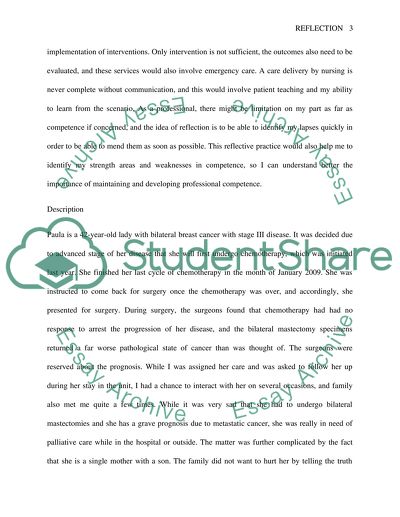Cite this document
(“Reflection on Practice Personal Statement Example | Topics and Well Written Essays - 3750 words”, n.d.)
Retrieved from https://studentshare.org/health-sciences-medicine/1503204-reflection-on-practice
Retrieved from https://studentshare.org/health-sciences-medicine/1503204-reflection-on-practice
(Reflection on Practice Personal Statement Example | Topics and Well Written Essays - 3750 Words)
https://studentshare.org/health-sciences-medicine/1503204-reflection-on-practice.
https://studentshare.org/health-sciences-medicine/1503204-reflection-on-practice.
“Reflection on Practice Personal Statement Example | Topics and Well Written Essays - 3750 Words”, n.d. https://studentshare.org/health-sciences-medicine/1503204-reflection-on-practice.


